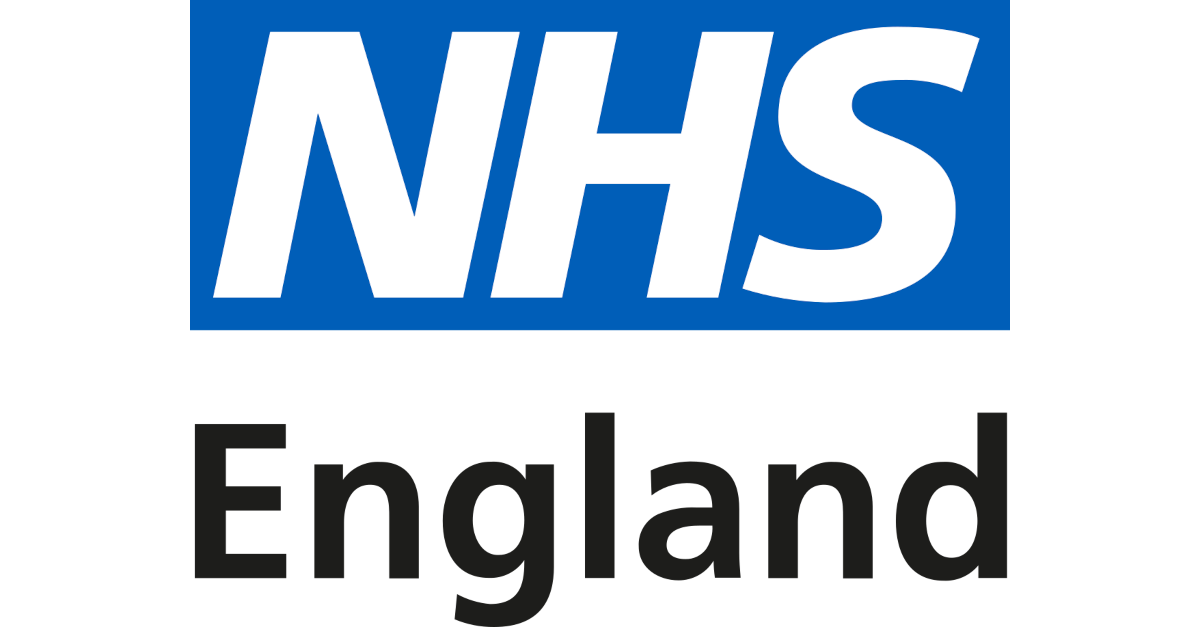Thousands more people are being referred for potentially life-saving liver cancer checks following the expansion of the NHS’s community liver health check programme.
The number of mobile liver scanning teams has almost doubled in the last 2 years, with 20 roaming teams now offering scans to communities in every region of England – up from 11 when the pilot started.
Almost 113,000 people (112,831) have had a fibroscan of their liver, and almost 8,500 (8,470) have been referred on for vital liver cancer checks since the programme began.
The on-the-spot scans check for cirrhosis or advanced fibrosis which increases the risk of liver cancer. If liver damage is detected people are referred on for further tests, helping to catch cancers earlier and ensuring people can get the right treatment and support.
The NHS programme is targeting at-risk groups in the community, including people with high levels of alcohol consumption, a current diagnosis or history of past viral hepatitis, or non-alcoholic liver disease, as these factors increase the risk of developing liver cancer.
The mobile trucks move around different areas offering checks in GP practices, recovery services, food banks, diabetes clinics, sexual health clinics and homeless shelters to perform quick, non-invasive scans.
Some areas have also taken the scanning vehicles to football matches, workplaces and outside supermarkets, making it as convenient as possible for people to get tested.
NHS teams delivering the scans are working closely with local community and charities to identify people most in need of tests and support, and some have also partnered with GP practices to scan people with conditions including type 2 diabetes and obesity.
NHS National Cancer Director, Professor Peter Johnson, said: “By reaching out into communities and making it easier for people to get checked, we will catch more cancers at an early stage, when the chances of successful treatment are much higher, and this can save lives.
“This programme has seen thousands more people referred for important further tests, allowing them to get vital treatment sooner alongside the support they need from the NHS to lead healthier lives.
“It’s a great example of the health service increasing its focus on prevention, as set out in the 10-year health plan.”
Public Health and Prevention Minister, Ashley Dalton, said: “This expansion of NHS mobile liver scanning teams represents exactly the kind of preventative healthcare approach this government is championing through our 10 Year Health Plan.
“By taking these vital checks directly into communities – from GP surgeries to food banks, football matches to homeless shelters – we’re ensuring that no one is left behind when it comes to early cancer detection.
“If you have been identified as a person at risk of liver cancer, please speak to your GP to see if there is a mobile truck near you.”
Patients found to be at an increased risk of developing liver cancer following a fibroscan are referred for further testing in a hospital clinic where they might be put on a liver cancer surveillance programme, which aims to detect cancer earlier when there is a higher chance of successful treatment.
In some areas, peer support workers who have lived experience of liver disease are also offering support to help people attend appointments.
People who are deemed at low risk of liver cancer or cirrhosis will be provided with information about their level of risk and referred to their GP if needed.
Liver cancer is the fastest-rising cause of cancer related deaths in the UK. The most common primary liver cancer is hepatocellular carcinoma (HCC), which makes up 85% of all liver cancers.
The on-the-spot liver scanning initiative is an essential part of the NHS’s ambition of detecting more cancer as early as possible when treatment is more effective.
Latest figures showed the NHS hit the Faster Diagnosis Standard with 76.8% – or 218,463 people – having cancer ruled out or diagnosed within 28 days, the highest June since the standard was introduced. Over 53,000 patients also started treatment for cancer within 31 days.
Carol Williams-Powell is a former hepatitis C patient who now works as a liver surveillance peer support lead with a community team in West Yorkshire. She believes she contracted the viral infection that can damage the liver and cause liver cancer when she had a tattoo several years ago.
She is still under liver surveillance herself and offers support to encourage people to have liver health checks to help detect and diagnose liver cancer as early as possible.
Carol said: “If someone is identified as at risk – for example, they’re in a drug or alcohol service, but they’re struggling to get to an appointment – I can help. I’m on the vehicle when patients have the scan and I can talk to them and reassure them about what it means to be on liver surveillance because of my own experience.
“People can often get quite scared because we’re talking about a major organ here, but I can help reduce that worry and show that it doesn’t have to be a big thing to have checks, and it’s always better than any problems are spotted as early as possible.”
Pamela Healy OBE, Chief Executive of the British Liver Trust, said: “We’re delighted to have worked closely with NHS England on this programme, which has successfully helped thousands of people access the care and support they need to protect their liver health and reduce their risk of liver cancer.
“Liver cancer often develops silently, and many people are only diagnosed at a stage when treatment options are limited. We know that the biggest risk factor is pre-existing cirrhosis, which is why detecting liver disease earlier is so vital. It’s crucial that these checks continue across communities to reach even more people at risk.”

